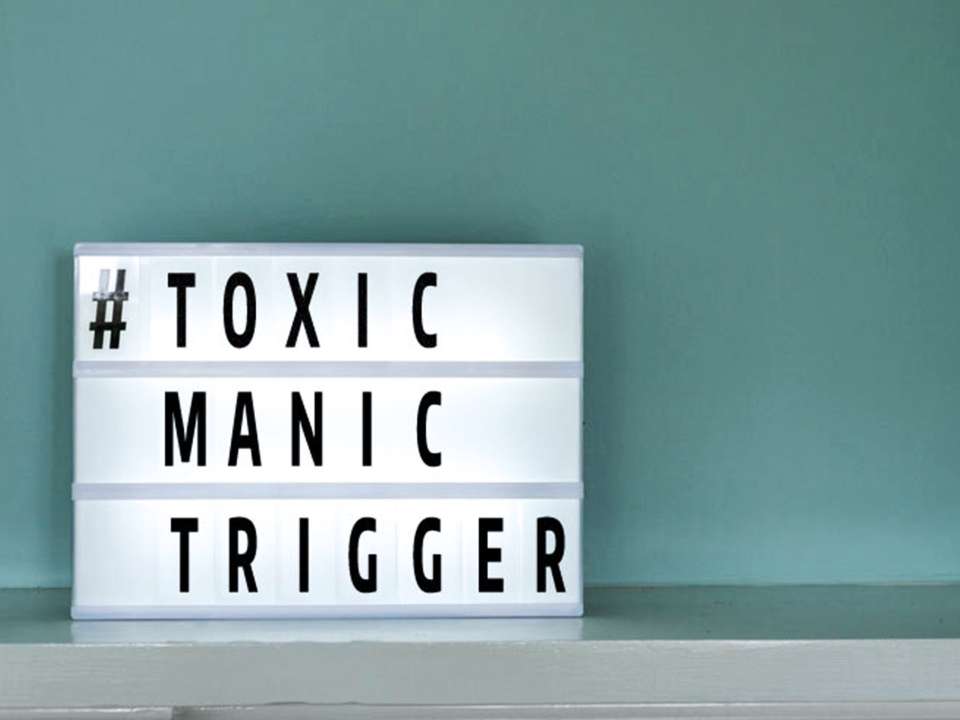5 Ways to Overcome Cynicism and Stay Hopeful About Humanity

When you’re feeling overwhelmed by how polarized the world’s become and how difficult its problems will be to solve, it’s easy — understandable even — to be cynical.
But here is the thing: A cynical view of humanity is not an accurate one. And it undermines your ability to connect with others, be resilient and start doing small things to make the world a better place. It can also harm your health.
Here are some ways to push back against cynicism and move into hope.
What is cynicism?
Cynicism is assuming the worst in humanity and believing that people are always motivated by self-interest. Telling yourself that people are selfish, corrupt and incapable of addressing the crises facing the world can give you a sense of control or even safety in the face of so much polarization and bad news.
“Cynicism is a protection mechanism against the overwhelm we feel when we are faced with all of the challenges that are impacting us that we don‘t have the agency to change,” says Anne Browning, the chief well-being officer at UW Medicine and the associate dean for well-being at the University of Washington School of Medicine. “Cynicism abdicates our sense of what it is we can control and looks at what’s wrong or painful in our environment and says it’s not worth trying to change.”
Cynicism is different than being skeptical, which often is necessary in a time of such complicated problems. Being skeptical means using a critical lens and seeking reliable evidence before believing something. But unlike cynicism, it leaves open the possibility of changing your mind and being surprised that someone or something isn’t as hopeless as you thought.
Why cynicism is bad for you
Because cynicism seals you off from the ability to change your mind, it can cause deeper issues, like lack of trust and despair. When you don’t trust people around you, it makes it less likely you’ll do things like connect with your neighbors or become civically engaged in your community, and that can then lead to isolation and loneliness.
Research has found that cynicism is associated with poor mood, burnout and heavier drinking, and it can even increase your risk for cardiovascular disease. And the research is even more robust on the negative health effects of loneliness on everything from your mental to your cardiovascular health.
Not only that, but research has also found that cynicism can be contagious. The more people don’t trust each other in a community or believe they can come together to solve problems, the more cynicism spreads and becomes a self-fulfilling prophecy.
How to overcome cynicism
So, what can you do to push back against cynicism? Here are some steps you can take to stay clear-eyed about the world but still able to maintain hope and be resilient.
Acknowledge reality
The antidote to being cynical is not toxic positivity or focusing so much on silver linings that you’re not confronting reality. It’s perfectly OK, and in fact important, to acknowledge difficult things happening in your life and in the world caused by human decisions — and that very real suffering that is occurring as a result.
The question is how not to be paralyzed by it and let it become despair. Tip No. 1: Write down in your journal or on a piece of paper all of the things making your life hard or the world feel scary that you can’t currently change.
“It’s important to name and have a place to put those things that impact us that are outside of our control,” says Browning. “We put a lot of energy into thinking about the things that we don't have control over and writing them down gives ourselves permission to set them down and then open up some focus and energy toward the things that we can shift.”
Once you’ve written them down, they might become less overwhelming or important to obsess over. And you will have a little more energy and mental space to do something else.
Notice your thoughts and emotions
Another strategy is to try to take a beat during the moments when you’re feeling cynicism or despair, and question if it’s actually an accurate view of the world. Notice if you feel more cynical when you haven’t slept well or are stressed out from work or family issues.
Traffic is a good litmus test, especially in a congested city like Seattle: Is everyone on I-5 really out to prevent you from getting where you want to go or intentionally trying to cut you off because they are jerks?
“Traffic is neutral, it‘s just a lot of people on the road going the same direction at once; it is not a force for evil,” says Browning. “If we start believing those negatively biased stories we tell ourselves, we tend to lean more towards cynicism as a protection mechanism than we do towards naivete and positivity.”
So next time you’re in rush hour on I-405, and assuming the worst of that Cybertruck driver in front of you, try to take a step back and ask why your thoughts are going in such a negative direction. Do you actually know that person behaved this way because they are a jerk?
If a friend or family member disappoints you, are you 100% sure they can’t change if given another chance?
“It’s almost being able to detach yourself from your thoughts,” says Browning. “And that allows you to question your thoughts a little bit, because we often will treat our thoughts as truth.”
Once you recognize the thought pattern you’ve fallen into, you can make a choice about whether that’s how you want to respond to the world around you.
Focus on small things within your control
Moving out of cynicism and despair isn’t easy. Instead of setting big goals for yourself, it can be helpful to focus on whatever you can control, however mundane. Maybe that’s just the pile of laundry you haven’t folded or the dishes in the sink or scheduling time for a haircut.
“The small things that we can control actually make us feel much better and reduce our stress burden significantly,” says Browning. “And gaining some sense of control and peacefulness within the area where we have agency allows us to be more at peace to actually engage with some of that collective work on the bigger things that feel outside of our control.”’
It’s easy to overestimate how bad things are when you’re in an anxious and overwhelmed state. If you can take incremental steps towards a calmer headspace, your thinking will change, too.
“Our ability to think creatively and have psychological flexibility goes out the window when we are in stressful situations,” says Browning. “When you are just preparing for what is bad, a very powerful thing gets lost, which is the opportunity for what might be possible that is good.”
As you begin to feel less overwhelmed, you can start to think more about what you do have the ability to change in your life to improve your health and to connect more with others.
Think positively
Another way to resist cynicism is to intentionally compensate with positive thoughts and feelings.
That could look like seeking out moments of awe and beauty, maybe by walking to see the sunset on a clear day or intentionally practicing gratitude when a friend or family member does something to support you. It could be waving at a passing hiker on the trail, or sharing the stories of good deeds and admirable actions carried out by people in your life.
Connect with other people
Perhaps the most detrimental part of cynicism is how it allows us to lose connection with and trust in others. Trusting someone requires vulnerability, and it can feel safer to be cynical about them. But cynicism leaves you detached and unable to connect with others who are also navigating this difficult reality. And some of the deepest bonds are created when you go through something scary or painful with other people.
“We can see the suffering, the challenges, the hardships that we’re all facing, and that can ignite a sense of compassion that connects us with each other across what is really hard,” says Browning. “We are all going through something hard in our lives, but we’re all in this together.”
None of this is easy. There are very good reasons to feel skeptical, scared and anxious about the world, and you might be experiencing difficult and painful things in your life right now. But it’s important to not let those things cut you off from the world.
And once we’re able to see what’s possible when we move out of cynicism and act collectively, we might start to have hope — not certainty that things will get better, but knowledge that they could if we do something about it.

 Healthy ideas for your inbox
Healthy ideas for your inbox





